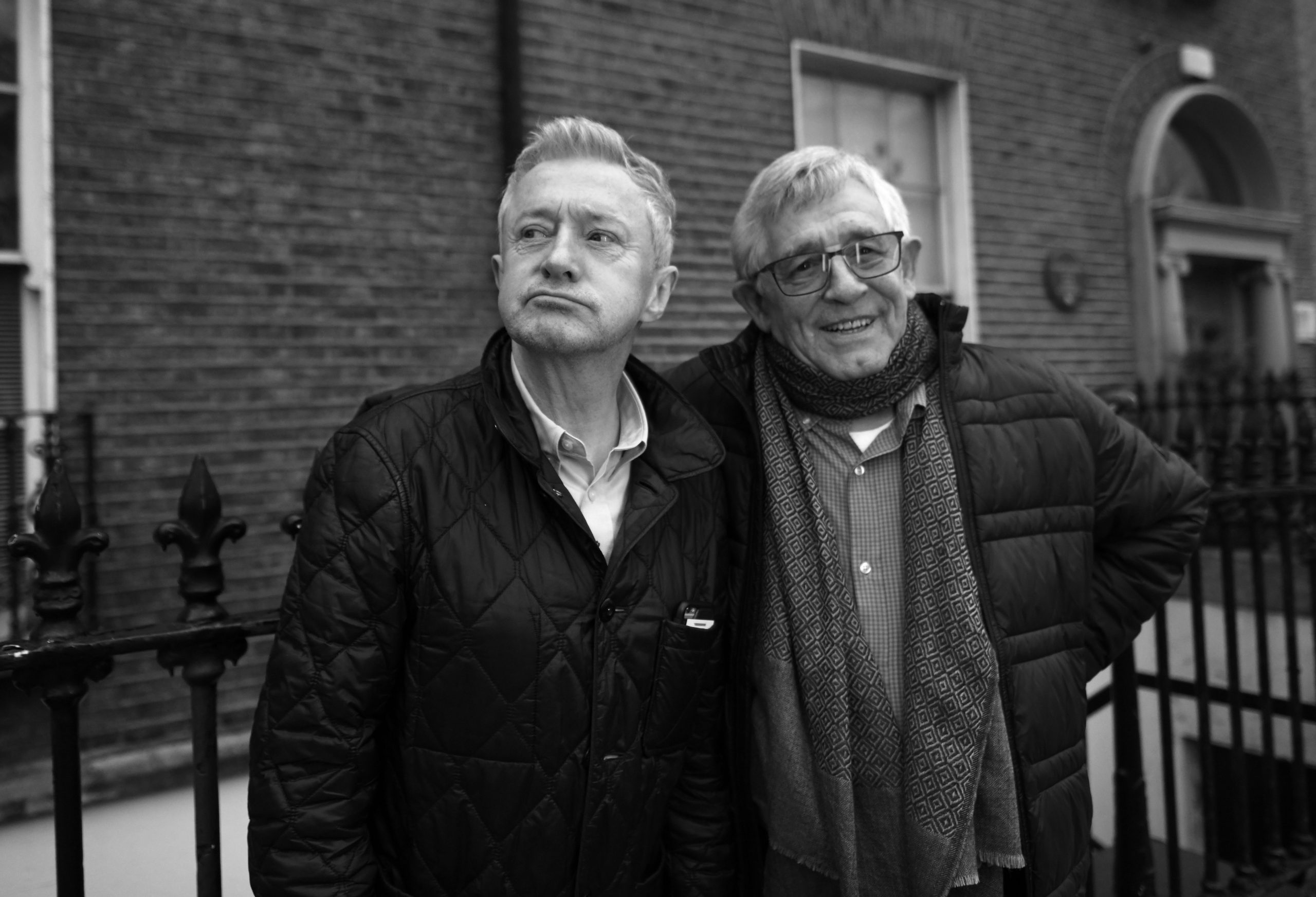In this interview, Louis Walsh talks about: His love of showbands, starting from the bottom and clawing his way to success. His own wealth and his thoughts on rich listsHis love of art, particularly Irish artistsNever delving into drugs or drink. How he and Sam once managed the same bandHis family: “Everybody’s alive. Nobody’s in jail and nobody’s sick. And no one’s in politics”How he came to manage Johnny Logan, who wanted to become the next ElvisOne of the worst things about being a manager is “You always have to listen to the artists, no matter what they’re saying to you”How…
Cancel at any time. Are you already a member? Log in here.
Want to read the full story?
Unlock this article – and everything else on The Currency – with an annual membership and receive a free Samsonite Upscape suitcase, retailing at €235, delivered to your door.

